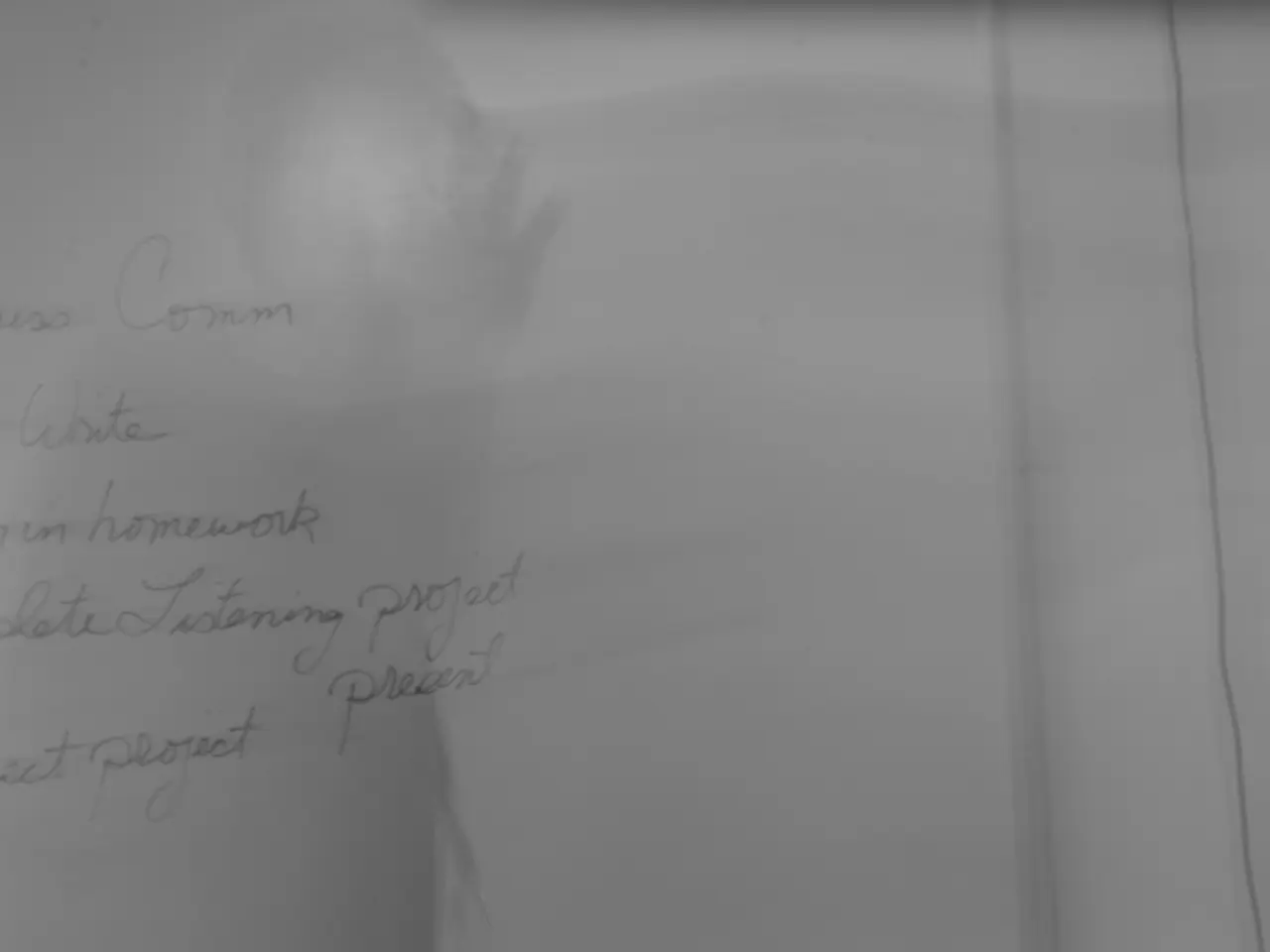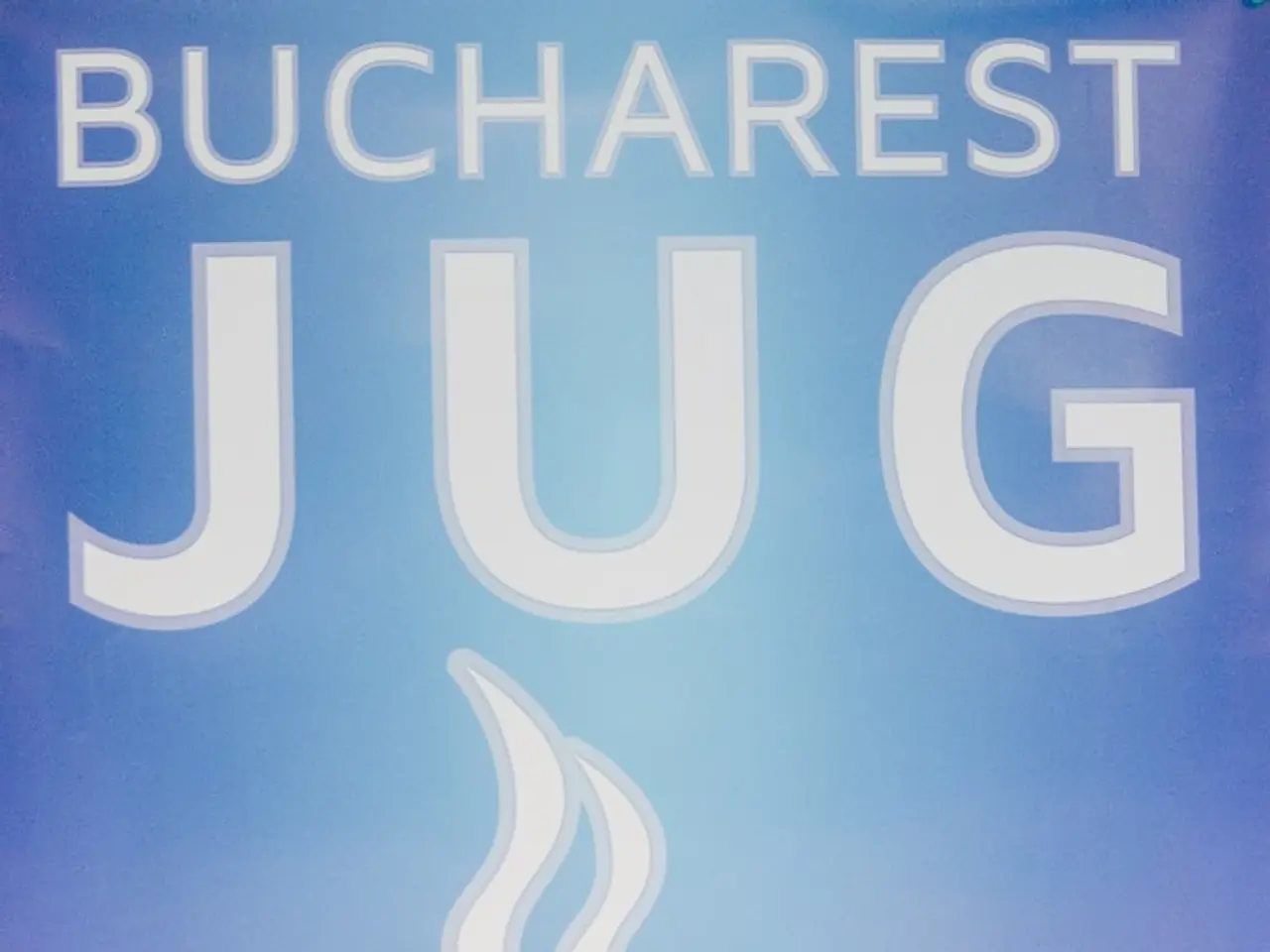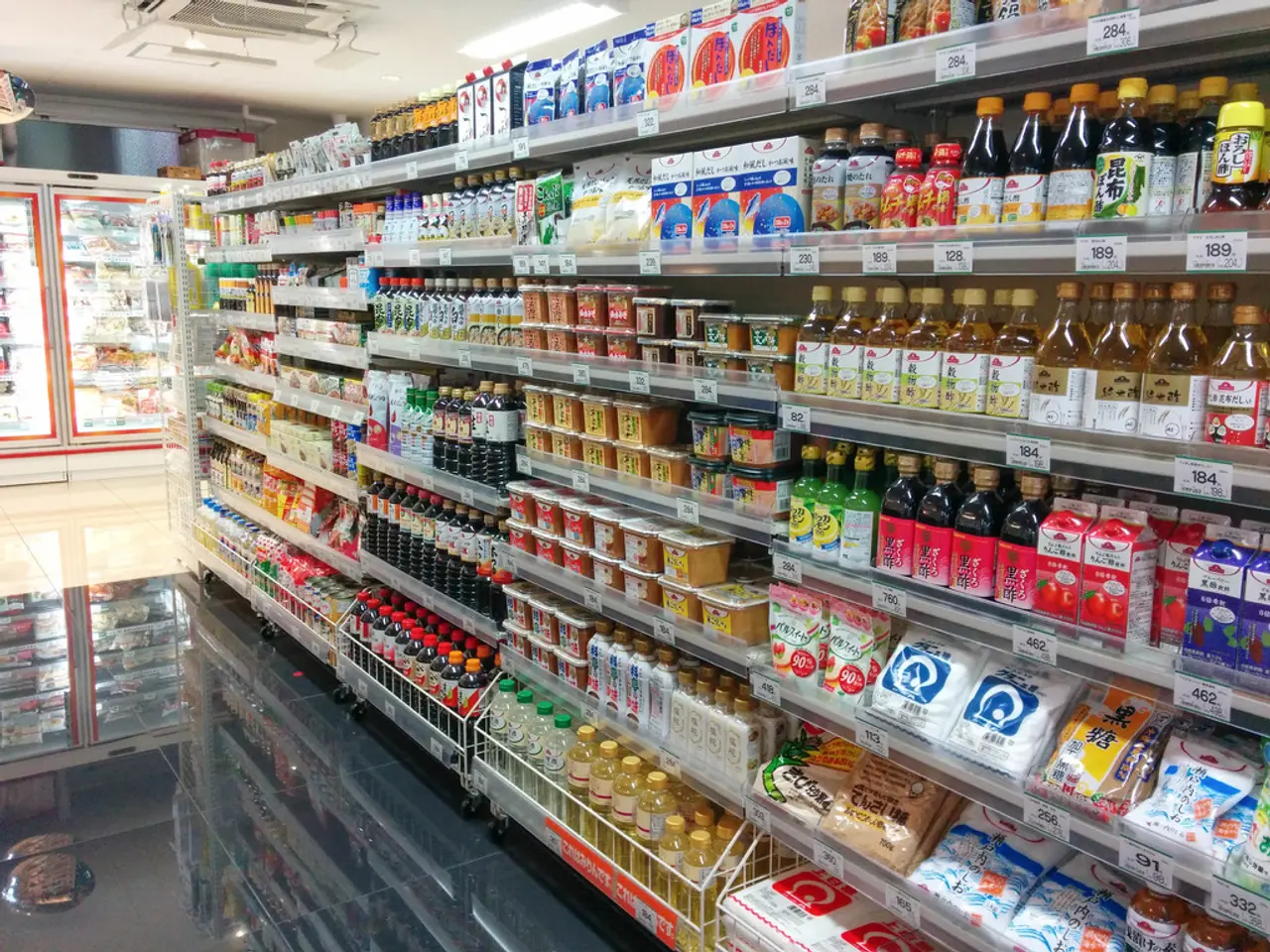EU Commission laments imposed Chinese tariffs on Cognac, deeming them as unjustified
The EU-China trade relationship is currently experiencing a series of tensions and points of contention, casting uncertainty over the planned bilateral summit scheduled for July 2025.
Trade disputes persist in politically sensitive sectors such as electric vehicles, medical devices, and rare earth minerals. The EU has imposed countervailing duties on Chinese electric vehicles and introduced restrictions on Chinese medical device makers from accessing public procurement contracts in the EU as retaliation against China's "Buy China" policy.
China has retaliated with trade restrictions affecting EU products, including a recent decision targeting wine-based spirits such as French cognac. However, partial exemptions have been made to protect some French producers by setting minimum price agreements.
Negotiations on rare earth mineral export controls are ongoing but unresolved. China initially restricted rare earth exports to the US but these restrictions also impact EU industries. The EU has been pushing for lifting or easing such restrictions and secured a fast-track licensing process for EU companies, but comprehensive solutions remain pending.
The EU-China dialogue on human rights, a long-standing and separate issue, is also a source of tension, with very limited progress despite years of talks. This adds a layer of complexity and skepticism to the broader relationship.
Regarding EU brandy (including cognac), it is included in recent trade retaliation by China, but with partial exemptions to protect some French producers by setting minimum price agreements. The European Commission believes that these duties are part of a pattern of China abusing trade defence instruments and are unfair, unjustified, and inconsistent with international rules.
The ongoing tariff dispute between the EU and China, as well as the US, is contributing to increasing tensions between the two. The EU has expressed concerns about the pattern of China's actions and the investigations and duties imposed by China on EU products have been started and conducted on the basis of questionable allegations and insufficient evidence.
The cancellation of the second day of the EU-China summit may indicate a further deterioration of relations between the two, potentially affecting the diplomatic reset that both sides had hoped for. However, the EU and China are still in discussions regarding the summit's agenda, suggesting that the cancellation may not have been officially confirmed.
Some large EU Cognac producers, such as Remy Cointreau, Pernod Ricard, and LVMH's Hennessy, have been spared from these duties due to minimum price commitments.
The South China Morning Post reported a conversation between Chinese Foreign Minister Wang Yi and EU's top diplomat Kaja Kallas, in which Wang expressed concerns about the potential shift of US focus to China if Russia loses in Ukraine. The pattern of China's actions has been described as concerning by the European Commission.
Several other investigations into EU pork and dairy products by China have been announced but not yet closed. The Commission's chief spokesperson Paula Pinho refused to confirm the cancellation, stating that the summit's agenda has not been agreed yet by the EU and China.
As the July summit approaches, both sides will need to address these unresolved disputes and find a way forward to ensure a productive and diplomatically successful meeting.
The financial implications of the ongoing trade disputes between the EU and China have extended to sectors such as the spirit industry, with Chinese tariffs affecting EU cognac. However, some EU cognac producers have received partial exemptions through minimum price agreements. The EU finance commission believes these duties are part of a pattern of China abusing trade defense instruments, which is a concern for the EU industry.
In an effort to resolve trade tensions and ensure a successful meeting, both the EU and China will need to address unresolved disputes, particularly those involving industry sectors and finance, before the planned bilateral summit in July 2025.




